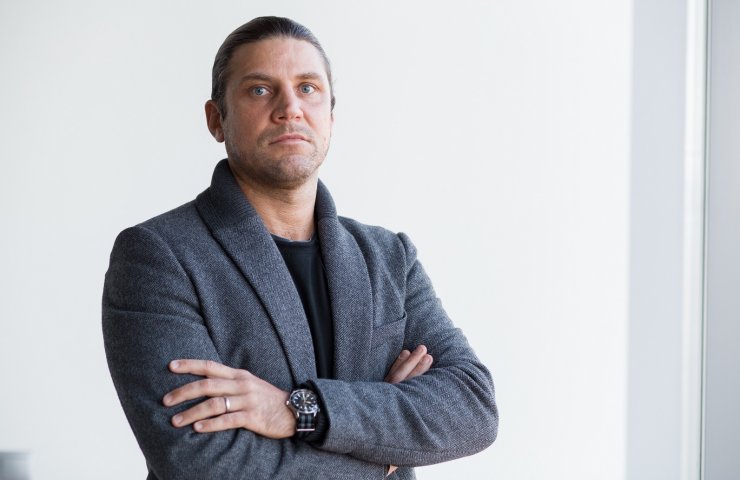Distortions and problems of the electricity market threaten the energy security of Ukraine. And instead of removing cross-subsidization, government agencies provide incentives to certain niche industries.
Now the executive authorities have intensified their work on introducing a large number of amendments to the regulatory legal acts aimed at fulfilling Ukraine's international obligations to combat climate change. One of these initiatives was the development by the Ministry of Economic Development, Trade and Agriculture of a draft resolution, which is proposed to approve the procedure for issuing a certificate of the so-called "green" electrometallurgy.
The main goal of the draft resolution is to ensure that enterprises, the level of carbon dioxide emissions of which is no more than 250 kg per ton of products, receive the status of a green metallurgy enterprise, confirmed by a certificate.
This concept, quite new for Ukraine, appeared in the legislation last summer and was supposed to motivate enterprises to reduce the negative impact on the environment of their production. Of course, such legislative changes could be favorable if their implementation did not affect the distortion of the mechanisms of the electricity market.
First of all, we are talking about cross-subsidization. One of the advantages of the corresponding status is the receipt of a preference for paying the tariff of the transmission system operator in the part aimed at increasing the share of "green" energy in Ukraine. Here I want to note that the priority in the development of alternative energy has also been chosen to counteract the negative consequences of climate change, therefore, the development of one direction aimed at decarbonization should not negatively affect the development of others.
What numbers are we talking about? According to preliminary calculations, the total level of electricity consumption by potential enterprises of "green" metallurgy is about 900 million kWh, which will lead to a decrease in the level of payment for the transmission tariff by about UAH 180 million. That is, other enterprises of the metallurgical sector will have to pay an additional 0.2 UAH /kWh, including the transmission tariff.
Given the general economic downturn and the need to support industry, such cross-subsidies will contribute to distorting the stable operation of the entire electricity market. Therefore, in general, while supporting the government's initiatives aimed at improving the environment, I believe that the choice of tools should be quite critical.
For example, in the European Union, the term “green” metallurgy began to be actively used only with the start of the Green Steel for Europe and Green Metallurgy Project, which provide a comprehensive strategy and a step-by-step implementation plan, instead of targeted legislative changes. In connection with this practice in the EU, as well as the critical situation on the electricity market, I believe that the introduction of norms for green metallurgy enterprises is hasty and requires careful revision.
Karl Sturen




